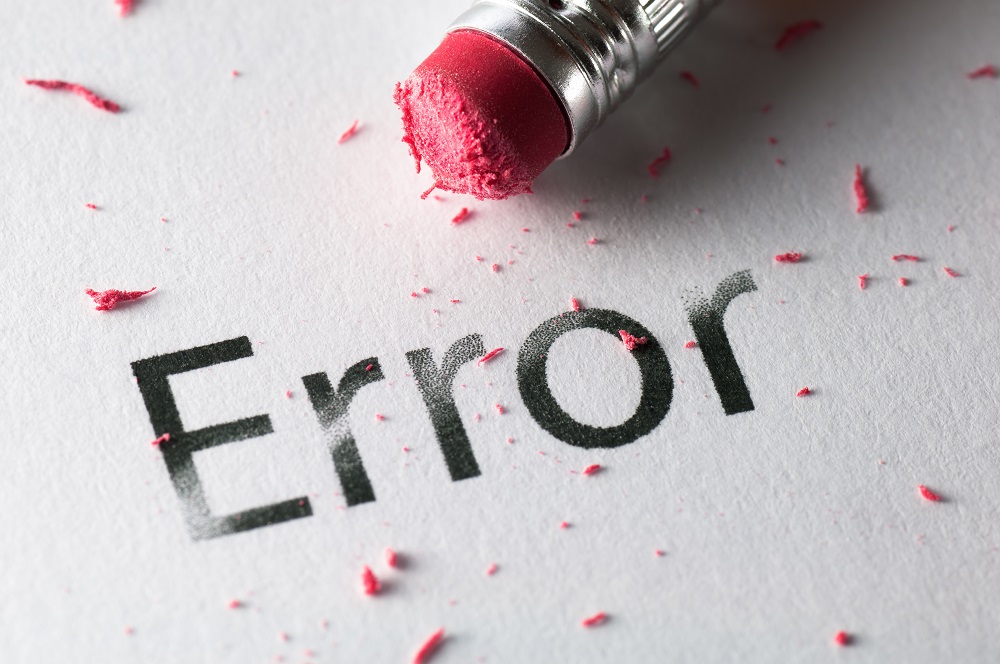My Credit Report is Not Correctly Reporting My Settled Account
After you have entered into a debt settlement agreement and completed the terms thereof, it is important that you check your credit report to ensure the settled debt has been properly reported. A debt settlement agreement will negatively impact your credit score – you are, after all, paying less than the full amount owed for one or more debts – but an agreement ought not impact your score as much as filing for bankruptcy.

Suppose you have completed a debt settlement agreement several months ago but your credit report appears wrong. Perhaps the account you settled is still displayed as “open” or as a balance is owing. Perhaps negative payment information is still being displayed. What can or should you do?
- Review the terms of your debt settlement agreement. When you settle a debt, your credit report may show that the account was “charged off.” This is a potentially negative credit report mark as it indicates to future lenders that the lender with whom you settled was forced to take a loss on your account by accepting less than the amount owed. You and the company to whom you owe money are free to contract regarding how the account will be reported by the creditor to the credit bureaus, but this should be done in writing. Likewise, you and the creditor can agree that the creditor will stop reporting or remove any past negative payment information, but it is not obligated to unless it has expressly agreed to do so.
- Contact the creditor in writing with a copy of your credit report and your written debt settlement agreement. If the agreement specified that the creditor would report your debt and/or payment history and the information in your credit report is not being reported accordingly, you should first attempt to contact the creditor in writing and alert the creditor of the situation. When contacting the creditor, include with your letter a copy of your credit report showing the erroneous information and a copy of the signed debt settlement agreement that indicates what information was supposed to be reported. Send this information via certified mail so that you have confirmation that your creditor received your request. The creditor should reply either in writing or by phone with its decision regarding your request. If the creditor has agreed to amend the information, allow at least a full 30-day cycle to elapse before expecting your credit report to be updated.
- Contact the credit bureau(s) if your creditor continues to report erroneous information. If you are unable to work things out with the creditor directly, you may file a dispute with each of the credit bureaus. In your dispute, you should explain that you had reached a debt settlement agreement with your creditor and include the relevant terms and conditions of that agreement. Provide the bureau(s) with a copy of your debt settlement agreement and proof that you have complied with the terms of the agreement. The credit bureau(s) will then conduct an investigation into the matter and attempt to make contact with the creditor about the matter. If the bureau(s) is satisfied that the information on your report is erroneous, the bureau will correct the information. If the bureau(s) believes that the information in your report is correct based on its review of the relevant information and its conversation with your creditor, it will not amend your report but will add a note at your request that you dispute the accuracy of your report.
Your debt settlement attorney (if you utilized the services of one) may also be able to assist you in making contact with the creditor and credit bureaus and working with them to correct erroneous information. For more information about why your credit report is not correctly reporting please contact an experienced attorney at Ariano & Reppucci, PLLC.
